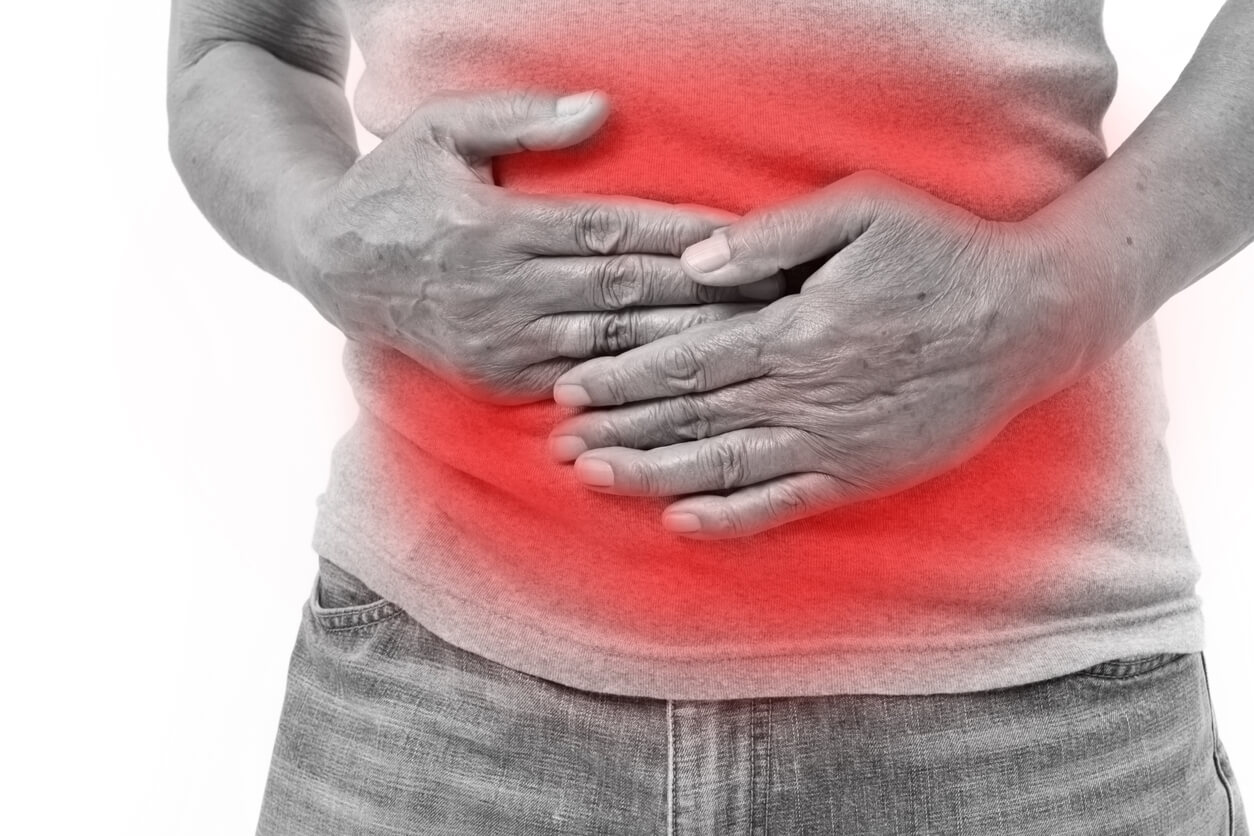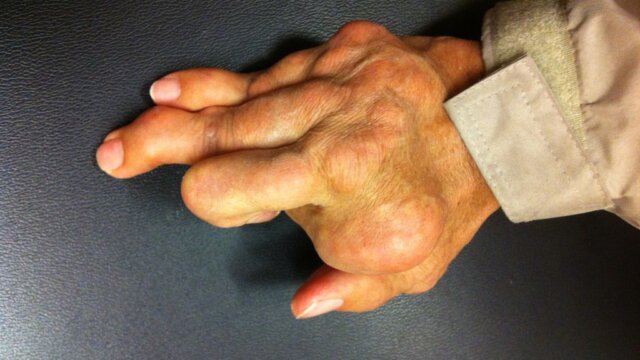FTC disclaimer: This post may contains affiliate links and we will be compensated if you click on a link and make a purchase.
Digestive problems are ailments which disturb the digestive process.
The digestion process is the main precursor for causing nutrients from food and fluids to be broken down into minor molecules.
It is further absorbed into the blood and transported to the cells throughout the body.
These disturbances in the digestive health continuum (continuous healthy digestion process) can be caused by diet changes, disease, or even stress.
The digestive system includes the digestive tract and organs that assist digestion, including the mouth, esophagus or throat, stomach, intestines, anus, and rectum.
Digestion starts in the mouth and is concluded in the small intestine. digestive problems are present with an assortment of digestive problems symptoms (which we are will discuss below).
According to the National Institute of Diabetes and Digestive and Kidney disease, approximately 60 to 70 million people in the United States are affected by any digestive problem.
These warning signs, or indicators, are signs that something is not right within the digestive system and our daily lifestyle. It is a clear indicator of how it decreases your longevity.
These digestive problems can include heartburn, stomach pain or cramps, gas, diarrhea, bloating, nausea, and vomiting.
Common Digestive Problems Sign and Symptoms
Common digestive problems include gas, diarrhea, constipation, heartburn, colitis, irritable bowel syndrome (IBS), and other stomach problems.
These complications can prove to be immense problems for those who are currently experiencing them. Pain is often associated with many of these common digestive problems.
They can also cause much more severe problems, which may require hospitalization or may even result in death.
Gas and Bloating
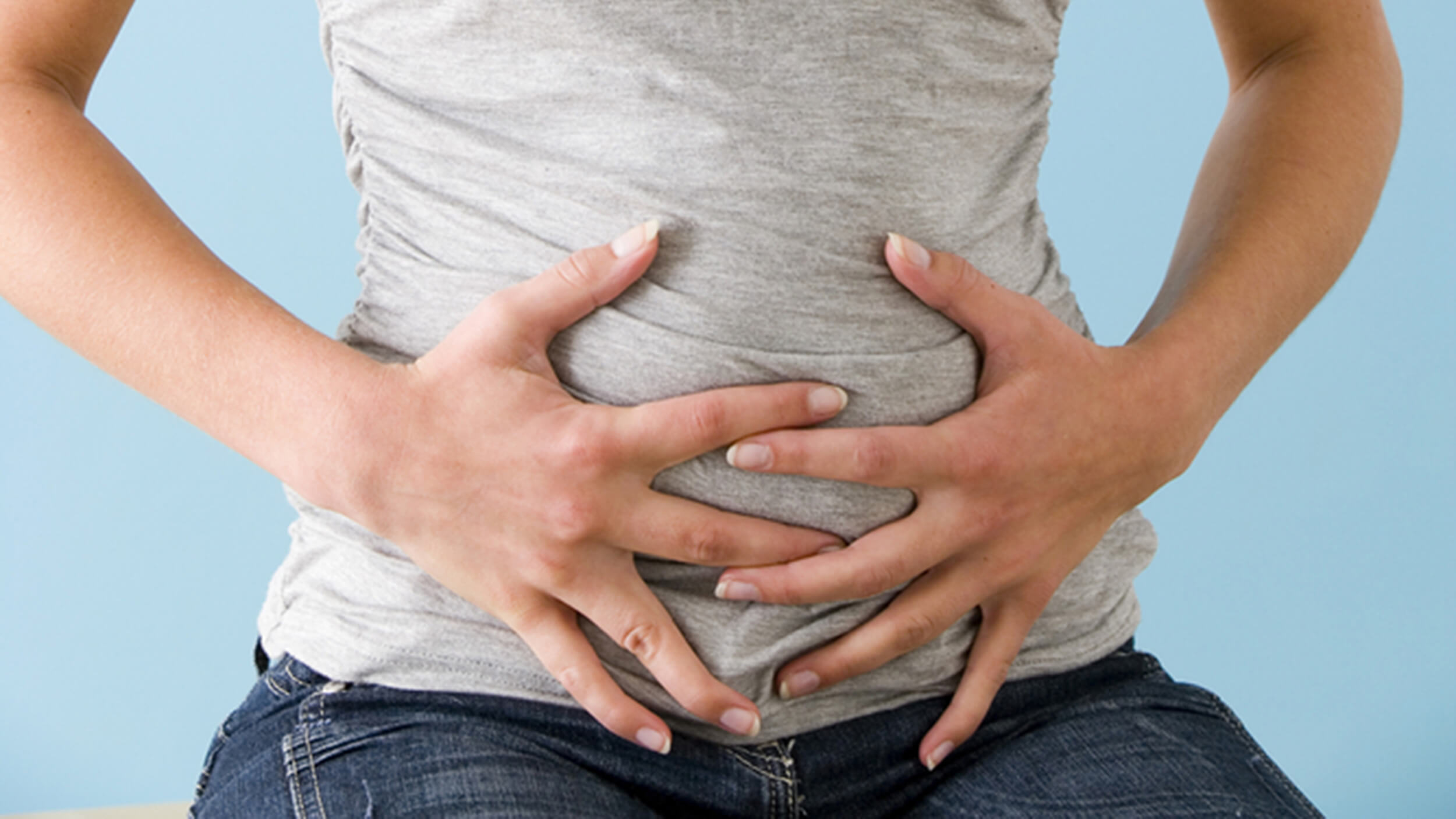
A common condition that all people experience in two unique ways, either through burping or flatulence.
However, it can become troublesome when more than the normal amount is produced as it causes digestive problems.
Excessive gas accumulated in the abdomen will induce bloating. It is a sensation of fullness and tightness accompanied by some discomfort and cramping.
It is often relieved by belching and flatulence that are normal defense mechanisms to eliminate excess gas.
Moreover, abdominal bloating occurs when indigestion, intake of high fat and gas-producing foods such as cabbage, onions, lettuce, and broccoli in the diet, consumption of carbonated drinks, and stress.
Abdominal Pain

Abdominal pain is a subjective response of having discomfort and an unpleasant feeling affecting the senses and emotions.
It is disturbing and bothersome that interrupts the usual daily activities. Abdominal pain is a very significant major symptom of a gastrointestinal disease that is going on.
Many conditions result in pain in the abdomen, and the character, duration, pattern, frequency, location, and time of the pain vary greatly depending on the underlying cause.
Flatulence
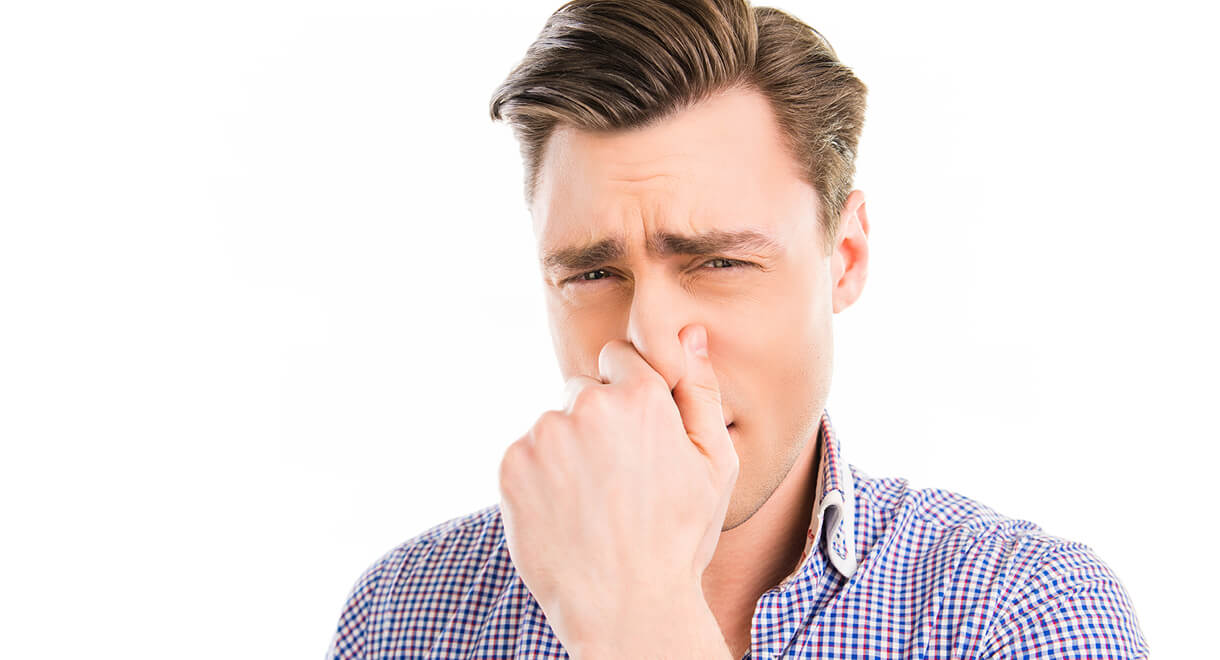
Flatulence is a natural and universal act of expelling gas accumulated in the colon. It may be embarrassing and uncomfortable at times.
The frequency, duration, and timing greatly different from one person to another, and in most cases, it is considered normal.
Common triggers for flatulence are almost the same as those found in bloating since they coexist and are linked together.
Diarrhea
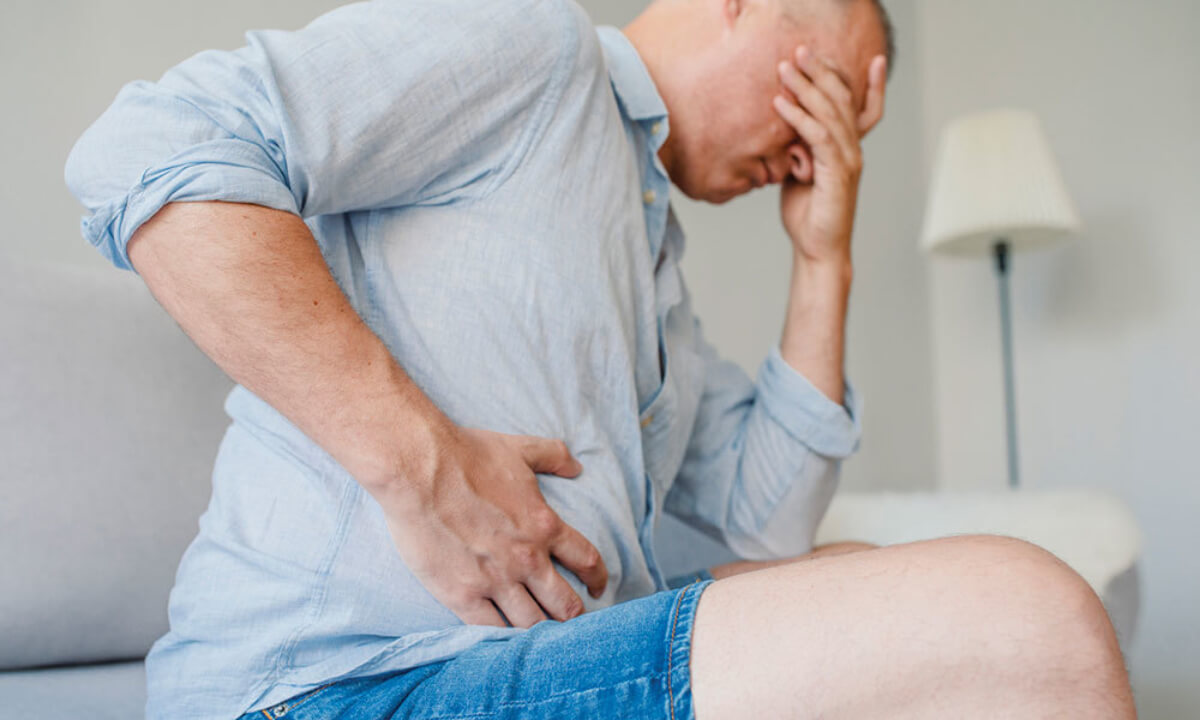
This specific type of digestive problems symptoms can be an embarrassing and inconvenient nuisance, as it is one of the most serious digestive problems out there.
It is a lethal phenomenon responsible for killing more than 2 million people each year in the world’s undeveloped portions.
Irritable bowel syndrome
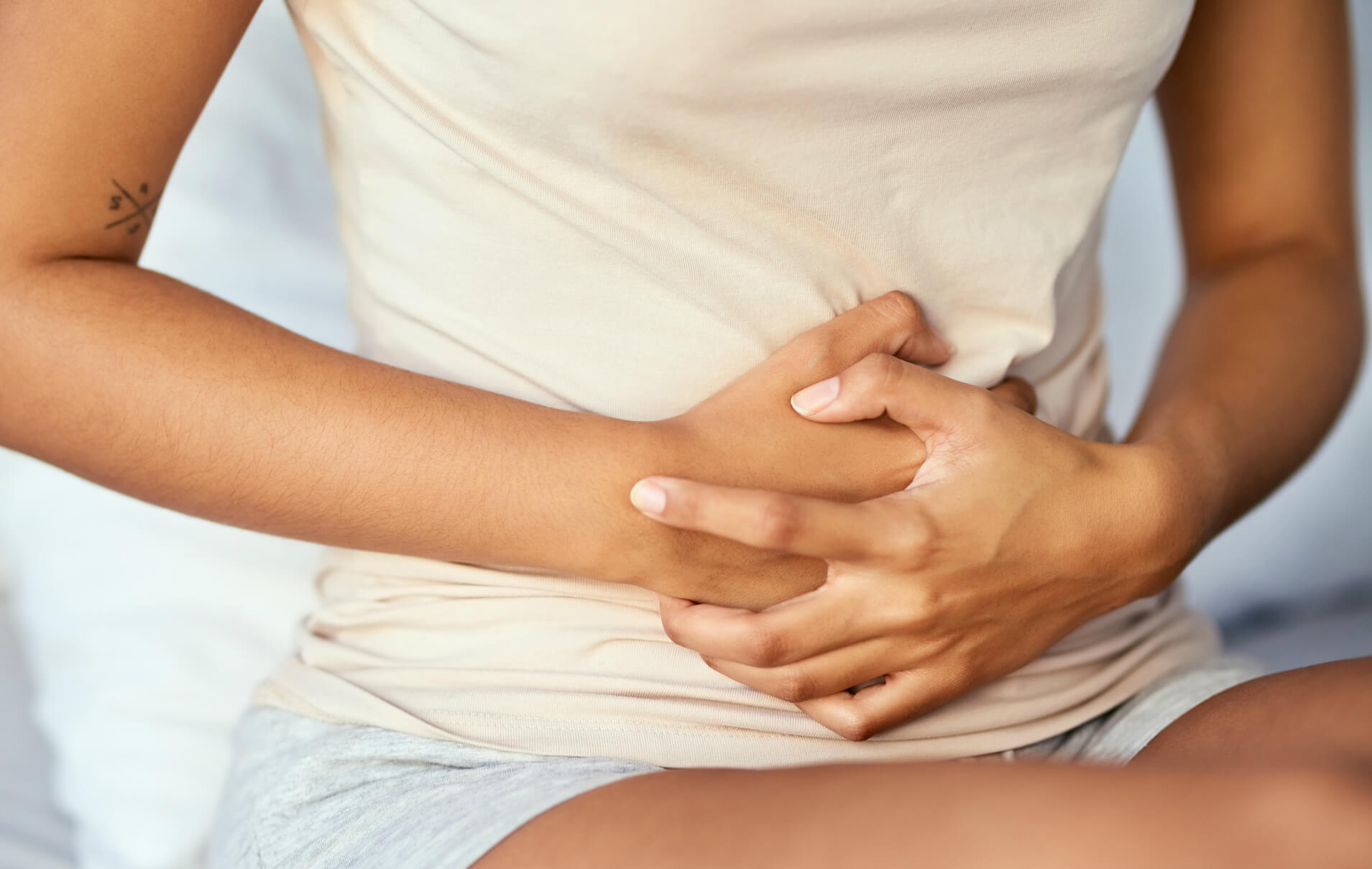
This is one frequent cause of diarrhea. Irritable Bowel Syndrome is one of the most painful digestive problems that may require hospitalization.
Irritable Bowel Syndrome is a group of signs and symptoms characterized by constipation, diarrhea, or a combination of both abdominal pain and cramping.
Its cause remains unknown but is closely related to stress or anxiety, the low fiber in the diet, and indigestion.
For persons suffering from IBS, there are no structural defects or anomalies found in the intestines, and there has been no link that could trigger other diseases from occurring, such as cancer.
Constipation

This is normally acknowledged as the exact opposite of diarrhea. It is characterized by the inability to produce bowel movements, or in different cases, the feces tend to be very hard to move.
Constipation involves an irregular frequency and pattern of defecation, abnormal hardening of stools with passage difficulty, a decrease in stool volume, and associated with retained stools for a long time.
It is a condition of having lesser than 3 bowel movements in a week.
Constipation arises due to a lack of fiber in the diet. Instead, consuming high fat and protein foods, less intake of fluids, sedentary lifestyle, medications, changes in life or routine such as pregnancy and aging, conditions such as stroke and dehydration, and problems with the colon and rectum.
Heartburn
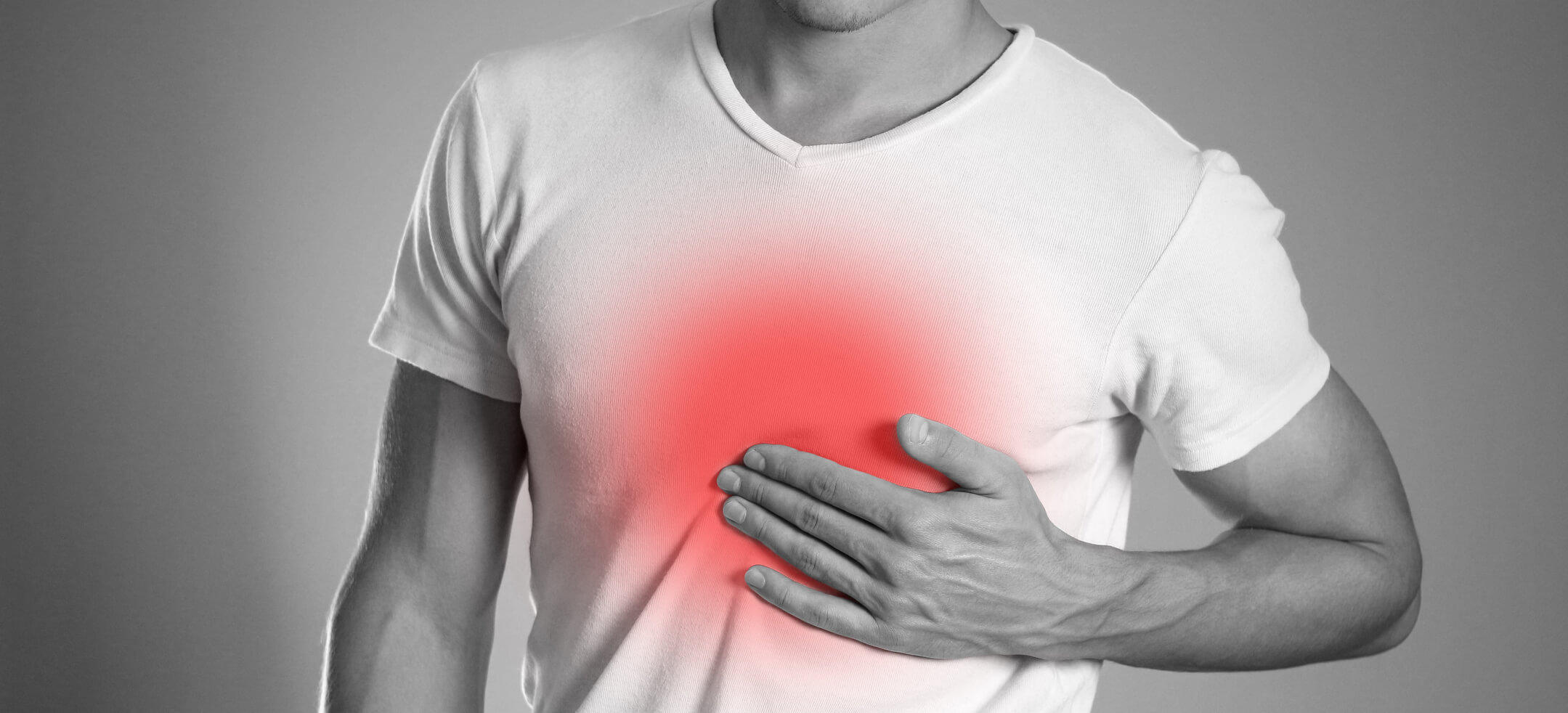
This is also known as Gastroesophageal reflux, which can also cause a great deal of pain.
This digestive health concern occurs when the lower sphincter in the esophagus opens without reason and allows stomach contents up into the esophagus and throat. This is one of the quite painful digestive problems.
Heartburn is a feeling of burning, warmth, heat, or pain that often starts beneath the chest.
This discomfort may spread upward into the throat and having a sour taste in the mouth. It can sometimes be mistaken for having a heart attack, and a definite diagnosis is a must to distinguish the two.
The acid reflux to the esophagus can result from cigarette smoking, drinking alcoholic, caffeinated, and carbonated drinks, and eating fatty foods and sweets.
Heartburn that happens occasionally is considered normal, but if it repeatedly occurs with increasing duration, severity, and frequency, it may indicate serious esophageal diseases. It is most helpful to seek medical consultation immediately.
According to the 10-year population-based study, Heartburn was found to be a common and chronic condition and it was experienced by most having BMI above normal. Also, it will impact your daily activity, sleep, and quality of life.
What causes digestive problems?
Digestive problems can have several different causes, such as unstable intestinal bacteria or a digestive enzyme deficit, but the main problem is usually bad eating habits.
With the rise of extreme overconsumption of sugar, processed foods, unhealthy oils, and refined grains had produced chronic digestive problems unseen before our time. It made digestive health very problematic.
As we have stayed away from the more natural and organic diets and avoided healthy lifestyles, chronic diseases of all kinds have exploded into a whole new level.
Also, digestive problems can arise with the following as causes of indigestion can fully take place in these scenarios:
First and foremost, Hereditary weaknesses in the digestive organs mean you need to find ways to improve digestion.
Second, poor dietary habits, which can weaken digestive health, can threaten your normal physical attributes.
Third, Nutritional deficiencies can particularly heighten stomach problems.
Fourth, Blockages in the spinal nerves, which regulate the digestive organs’ functioning, can cause all types of digestive problems.
And finally, a lack of digestive enzymes and emotional stress can lead to these digestive problems.
Natural Solution for Digestive Problems
To attain digestive health that is remarkably fine and prevents some digestive problems, it is effective to know some of these natural solutions:
- Don’t eat any type of processed food or highly processed food because it may further worsen the situation.
- Eat correctly and at regular times of the day so that your digestive system can prepare itself. First: Do not eat between meals. Second: Eat only when hungry. Third: Do not eat until the previous meal has been digested.
- Do not drink liquids with the meal. They dilute the digestive juices.
- Follow the guidelines for proper food combining, especially concerning not eating fruit with or after the meal, and following some guidelines on eating foods for digestive problems.
- If you have serious digestive problems, then eat only one food at each meal for a period of time.
- Do not eat foods that are cold from the refrigerator.
- Chew slowly to make your food liquefied in your mouth before swallowing.
- Occasionally fast or eat only one fiber-rich food (apples, pears, watermelon, grapes, brown rice) for a few days. This will help your digestive system rest and detoxify and revitalize itself by improving the digestion of food containing fiber.
- Drink hot or warm water in-between meals (at least 3 hours after the meal and 15 minutes before).
Bottom Line
As we look into the common digestive problems habitually occurring, it is a consequence of our malicious and faulty lifestyle habits. You need to understand the difference between real food and processed food.
Avoid processed food and try to consume foods that are occurring naturally.
Fortunately, these problems can be reversed and modified as an act of preventing their occurrence.
You can get rid of its disturbing and disabling effects on your daily activities by changing to a natural and healthy lifestyle.
It is a difficult undertaking, but it will lead to a long, healthy, and productive life with gradual change and perseverance.
However, the persistence of symptoms may seek medical intervention because it may lead to potentially serious disease.
